Unsung heroes of the community: Marcel Klehr
As is so often the case in open source, I came aboard back in late 2016 mainly to scratch an itch.
Like many open source contributors, Marcel Klehr, who maintains the Bookmarks app for Nextcloud, was facing an issue that he couldn’t find a ready-made solution for. He had been starting to use more and more devices with browsers on them, and “quickly found [him]self missing the collection of bookmarks that had piled up on [his] main machine.”
Aware of a few solutions to bookmark syncing like functionalities built in browsers by vendors, or the non-free, third-party service X-Marks, he didn’t feel like any of those would be a perfect fit for him. While he does have a strong preference for Mozilla and appreciates “all the work they do”, he realized that “they are torn between making easy-to-use solutions that even my mother can use on the one hand and open, hackable solutions without any vendor lock-in on the other.” Marcel’s use case was more complex than what those tools could offer him:
I want to sync browser data between browsers from different vendors with an open solution that runs on my own server.
From user to contributor
The solution? Nextcloud. “As an avid Nextcloud user and hobbyist programmer I quickly settled on the already existing Nextcloud bookmarks app as a server-side base for syncing bookmarks across browsers and started sending in patches to Arthur, the original app author and maintainer.” Like it is often the case, one patch lead to another, and he became a regular Nextcloud contributor: “Patches turned into refactorings and a complete UI overhaul, followed by the introduction of folders into the app for a seamless exchange of bookmark data between browser and server.”
The Bookmarks app as it is today lets Nextcloud users manage their bookmarks with tags, folders, screenshots and a quick search function that makes it easy to find them again. It has a full-fledged REST API allowing people to access and sync their data from different devices and even allows users to obtain RSS feeds of specific queries that can be used in a feed reader, like the Nextcloud News app, providing a read-it-later experience.
Expanding Bookmarks
Bookmark doesn’t come alone. Marcel is also working on floccus, an accompanying browser extension which serves as a browser client to the bookmarks app. “It bridges the gap between your browser bookmarks, Nextcloud and ultimately all your other browsers. Recently, KiwiBrowser started to support the web extension bookmarks API, making it the first browser on Android to support floccus.”
After the recent introduction of screenshots and folders as well as the option to switch between list and grid view, Marcel is currently focusing on incremental improvements “like improving performance and ironing out user interface quirks.”
The next milestone for the Bookmarks Nextcloud app: “the ability to share sets of bookmarks with other users, as well as a potential integration with other Nextcloud apps.” The next floccus version will sport an internationalized user interface and vastly improved sync performance.
More volunteers!
When asked about his hope for the future of Nextcloud, Marcel replies:
My hopes for the project are more volunteers. Passionate people with a love for open source, privacy and digital sovereignty.
He adds: “Personally, open source work has been one of the most rewarding activities I’ve been doing so far. It gives me the opportunity to learn new things that are, perhaps surprisingly, often not confined only to the technical aspects of the work, all while having fun and doing good at the same time.”
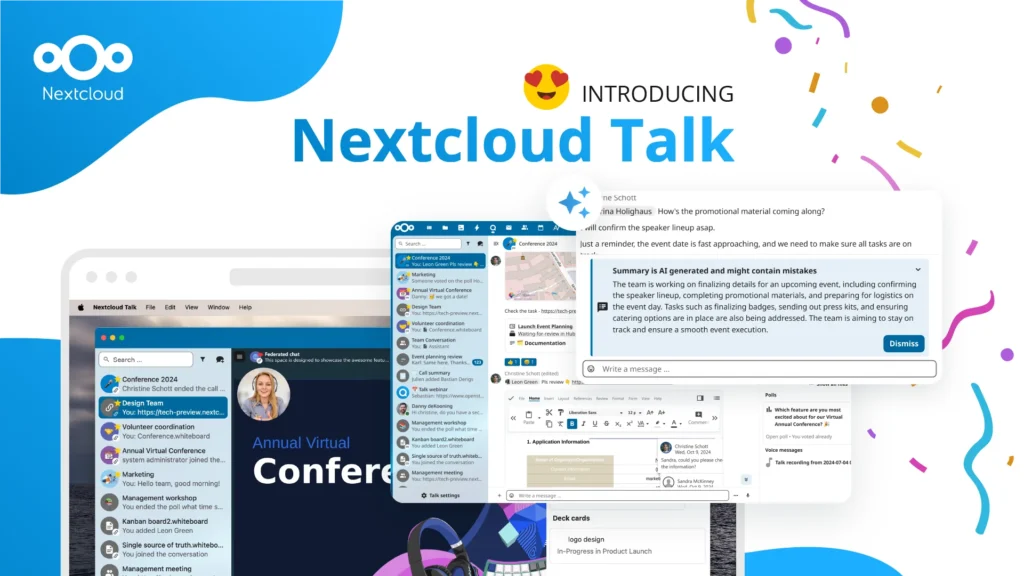




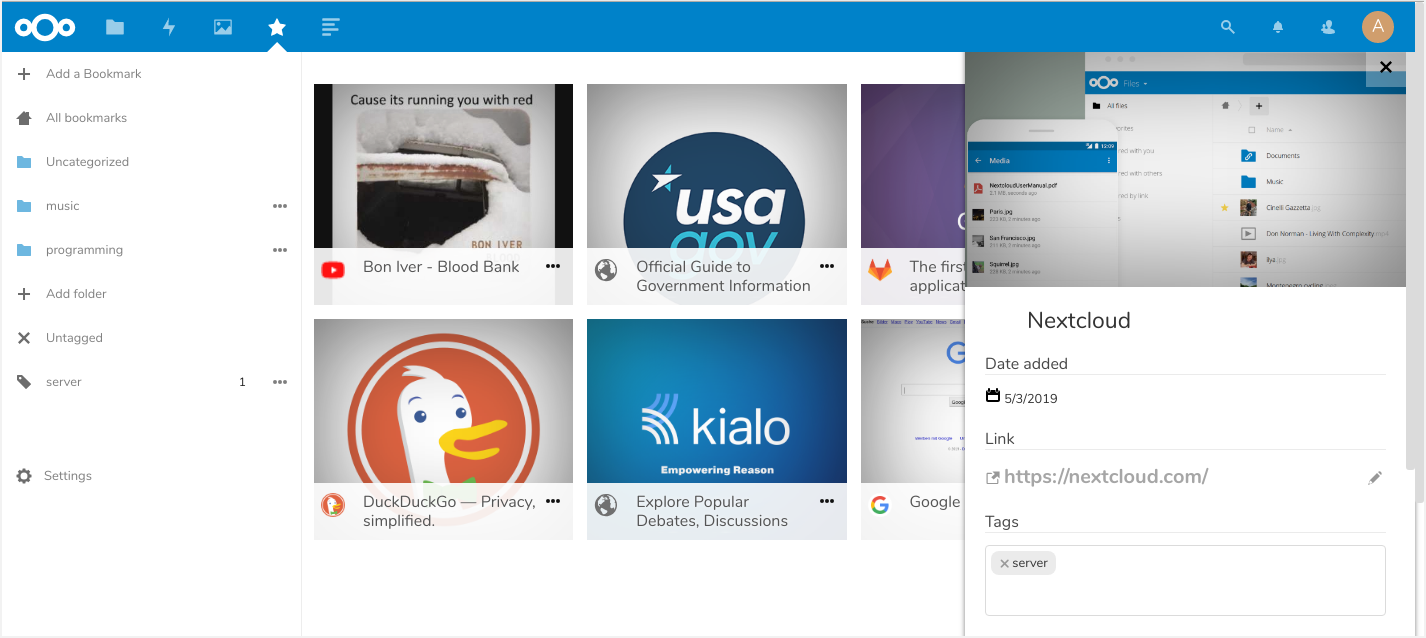
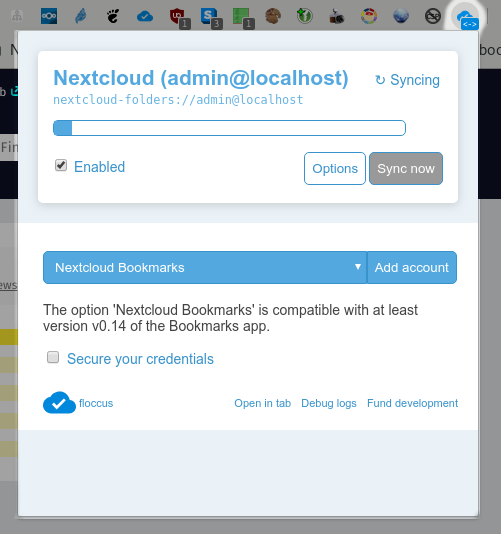
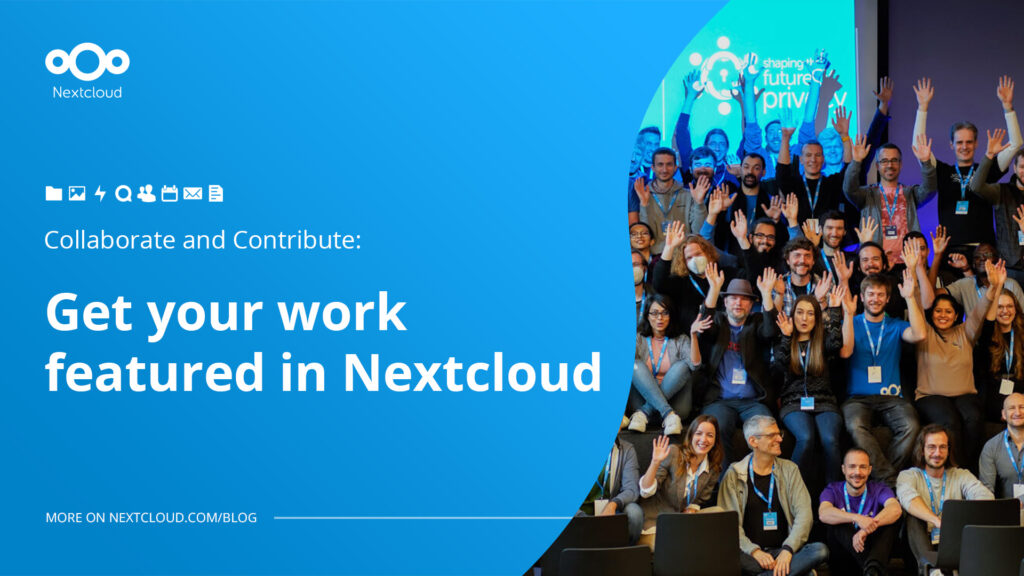

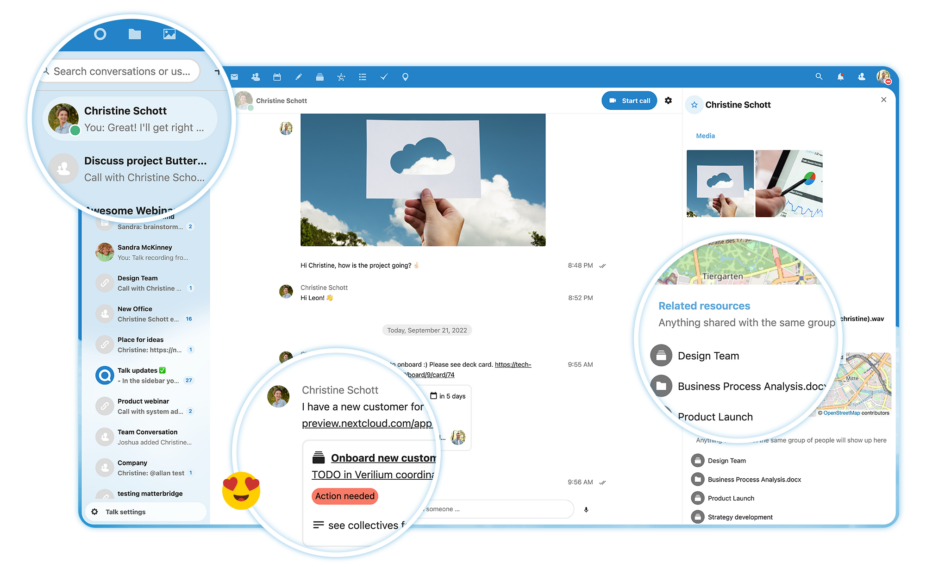
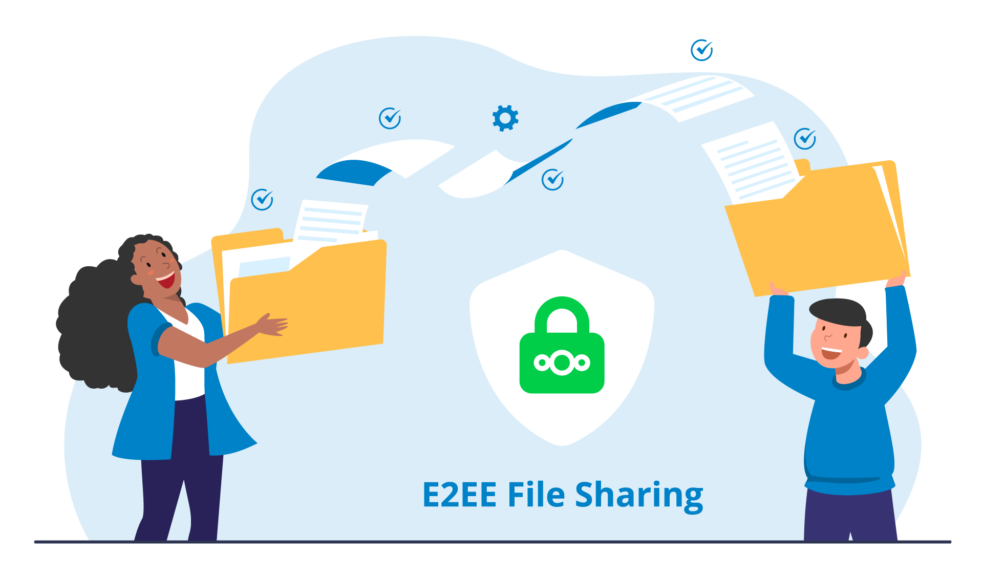
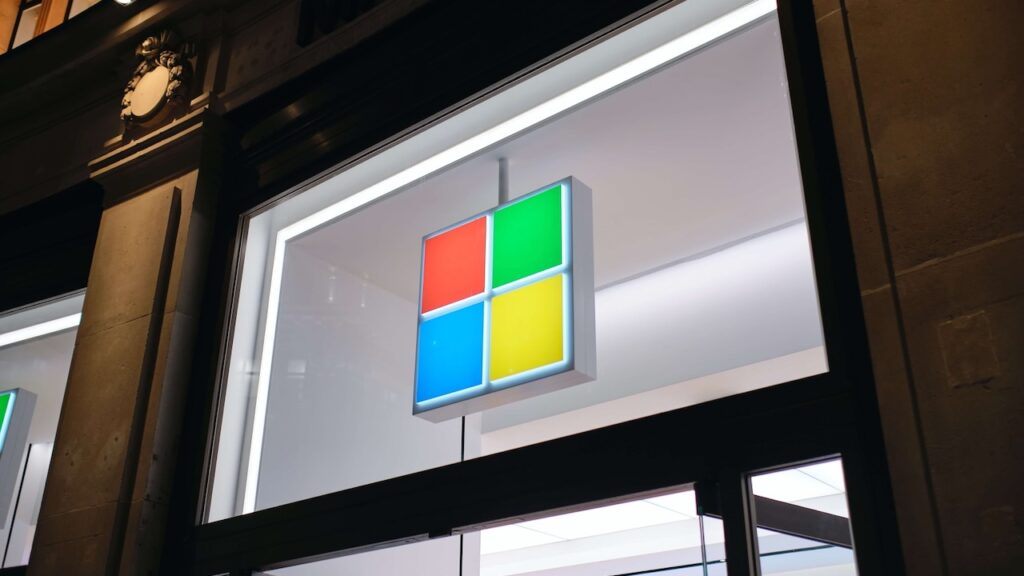

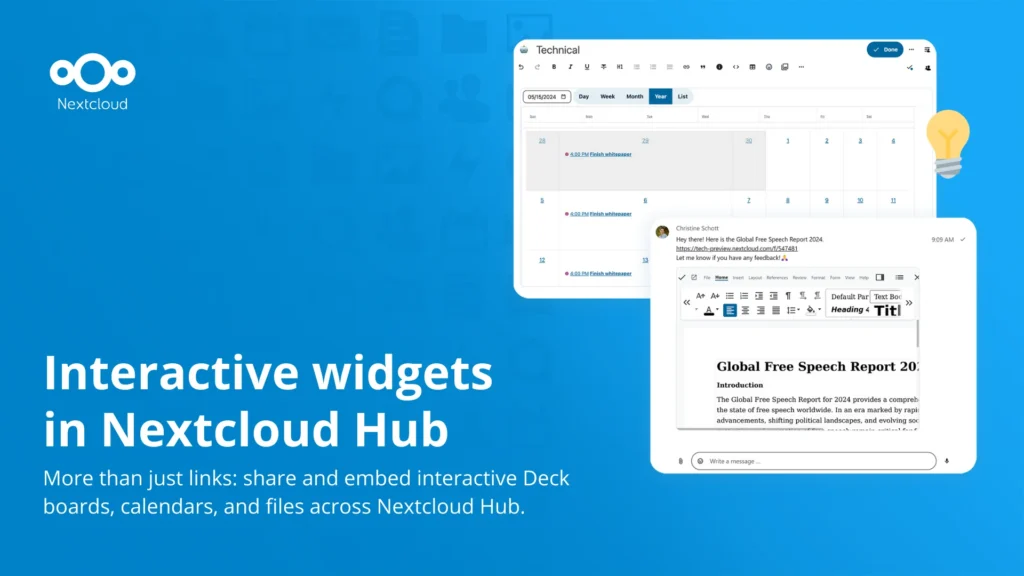
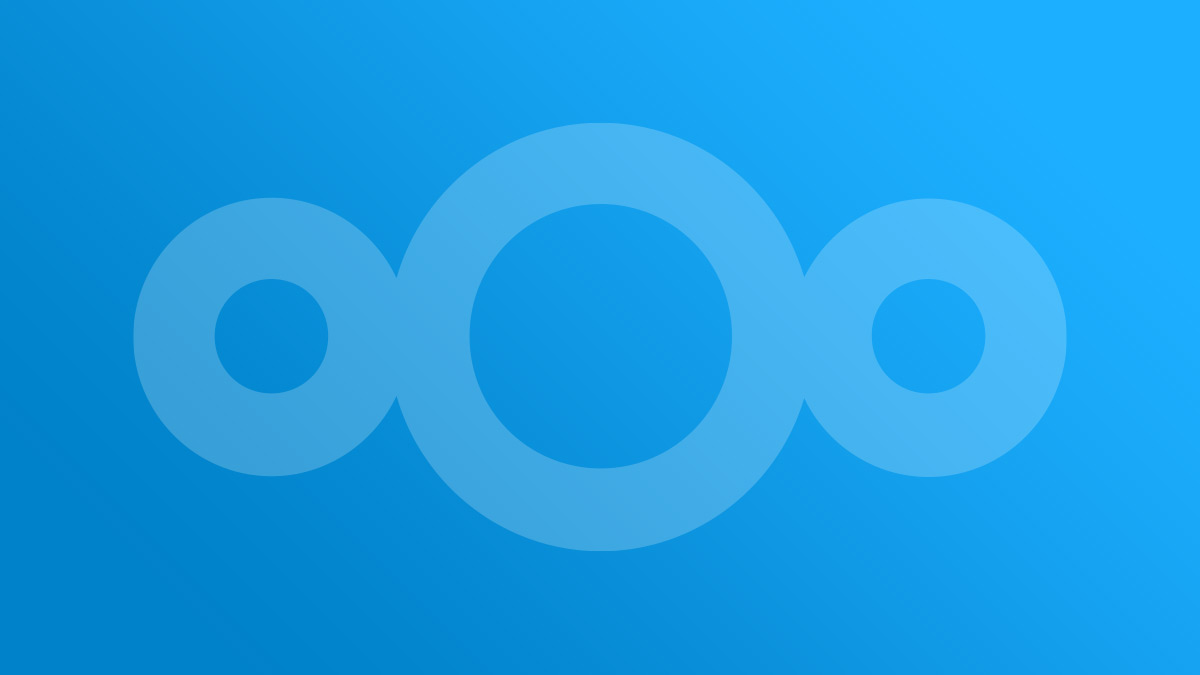
Comments